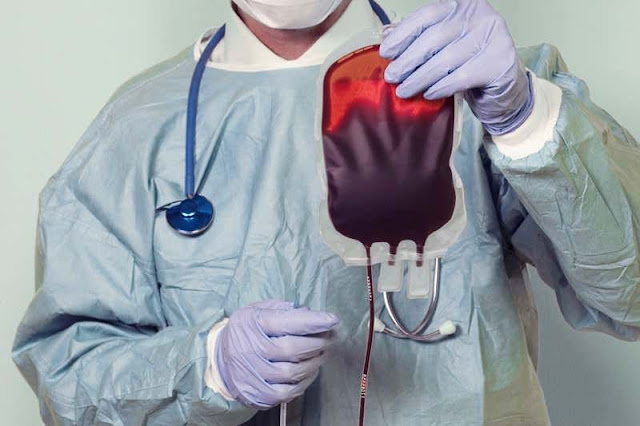Artificial Blood: A Vision for the Future of Transfusion Medicine

Artificial blood is a cutting-edge transfusion medicine idea in which specially made chemicals replace allogenic human blood transfusion by transporting and delivering oxygen throughout the body. Several compounds have been created in recent decades to fulfill this goal, and ongoing improvements are being made in the search for the perfect blood substitute.
Artificial blood is now made using hemoglobin derived from old human/bovine blood (Haemoglobin Based Oxygen Carriers) or perfluorocarbons. These synthetic blood substitutes offer the advantages of not requiring compatibility testing, being free of blood-borne pathogens, having a long shelf life, and not requiring refrigeration.
Artificial blood is expected to have a major impact on medical care development in the future. It has the potential to supplement current blood products for transfusion while also ensuring a steady supply of safe and effective supplies. It is projected to dramatically reduce the need for blood transfusions, particularly in trauma and surgery situations, lowering the reliance on banked donated blood.
White cells, red cells, platelets, and plasma make up blood, which is a unique sort of connective tissue. Plasma is an extracellular substance made up of water, ions, and other proteins that helps blood clot when combined with platelets. Plasma proteins react with oxygen and harden to stop additional bleeding. The immune system is protected by white blood cells. They are on the lookout for invading organisms or materials and try to reduce their impact on the body.
The brilliant red color of blood comes from the red cells. One billion red blood cells can be found in just two droplets of blood. The movement of oxygen and carbon dioxide throughout the body is the responsibility of these cells. They're also in charge of the "typing" phenomenon. Proteins that the body recognizes are found on the membranes of these cells. As a result, a person can only use blood that is compatible with her blood type. Artificial blood products are currently only intended to perform the function of red blood cells. Instead of blood, the products being produced currently would be properly referred to as oxygen transporters.


Comments
Post a Comment